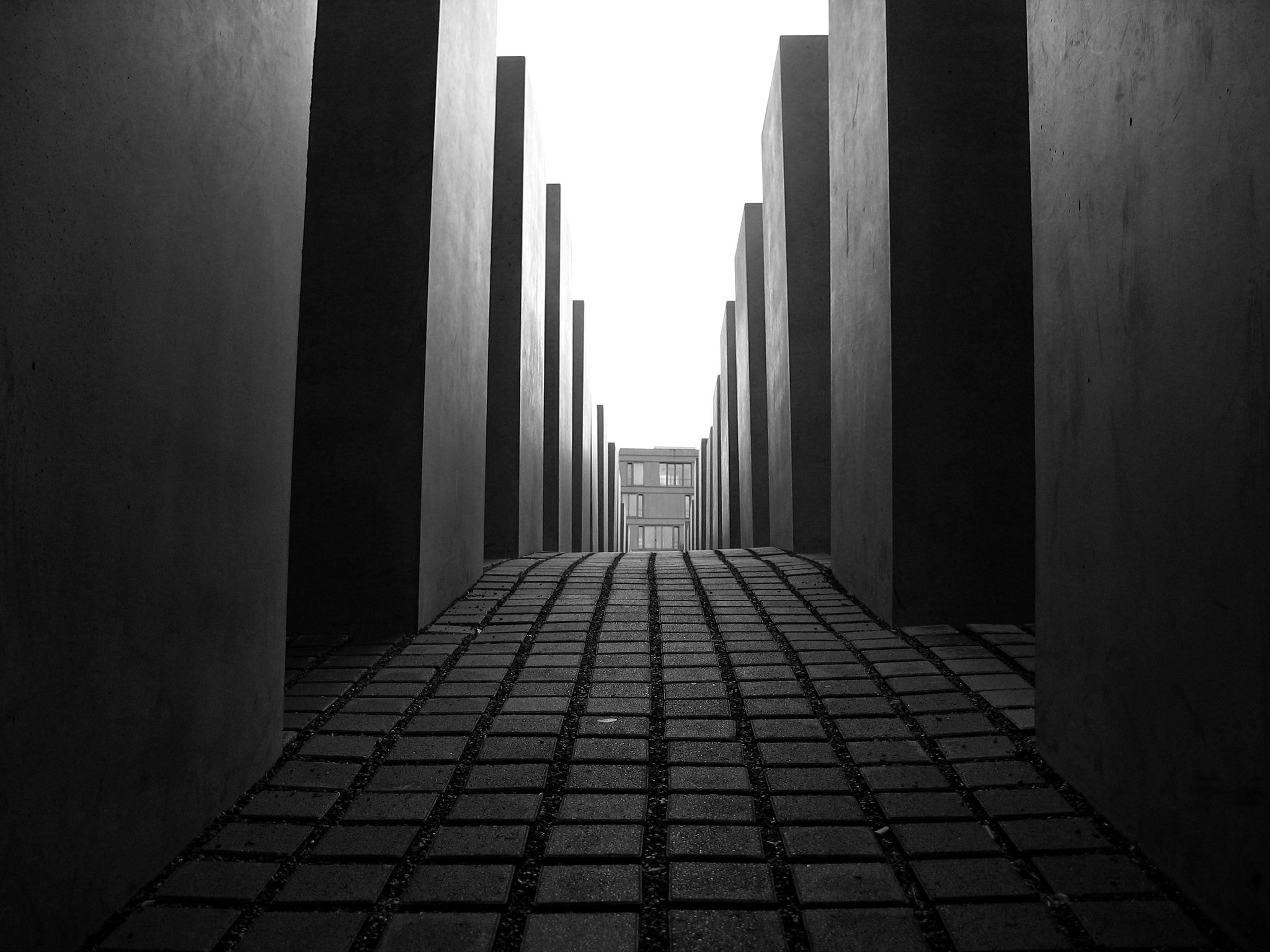The European Court of Human Rights has ruled that denying that the Holocaust happened is not protected by Article 10, the freedom of expression, in a landmark case.
Udo Pastörs, the former leader of far-right German party NPD, tried to claim in the court that his freedom of speech was being infringed when he was convicted by a court for making Holocaust denial claims.
Pastörs made the claim that “the so-called Holocaust is being used for political and commercial purposes” during a speech he gave on Holocaust Remembrance Day on January 28, 2010.
He also referred to “a barrage of criticism and propagandistic lies” as well as “Auschwitz projections” during the speech, which he was giving in his capacity as a member of the Land Parliament of Mecklenburg-Western Pomerania.
In August 2012, he was convicted by a district court for violating the memory of the dead and of the intentional defamation of Jewish people.
Pastörs appealed the decision but a regional court dismissed it in March 2013, stating that he could not rely on his free speech rights when making claims of denial about the Holocaust.
He appealed again and the Court of Appeals rejected his case. He appealed to the Federal Constitutional Court, who also denied his claim, which is why his case landed in the ECHR.
Article 10 – Freedom Of Expression

Image Credit: Pixabay
Article 10 of the European Convention on Human Rights protects the right to free expression. It means we can have our own opinions and share them with others. It applies even if our views might upset or offend people.
However, the right to say whatever we want can be restricted in certain circumstances – to prevent crime, for example, or to protect the rights or reputation of others. “The exercise of these freedoms…carries with it duties and responsibilities”, Article 10 states.
The court, which was made up of seven judges, found that Udo Pastörs’ argument that his freedom of expression was fringed upon was “manifestly ill-founded and had to be rejected.”
The court held that Mr Pastörs “had intentionally stated untruths in order to defame the Jews and the persecution that they had suffered.”







